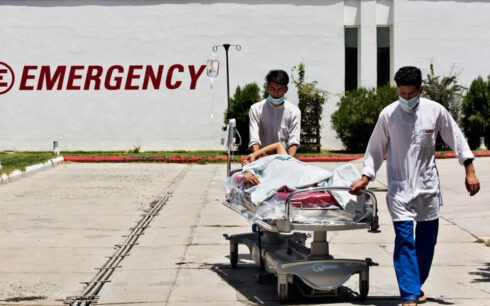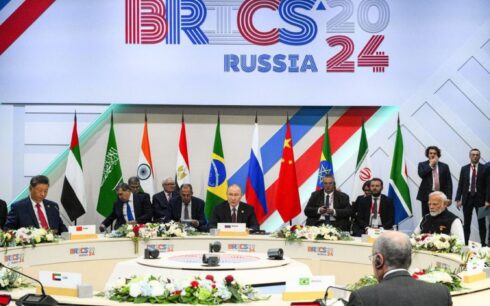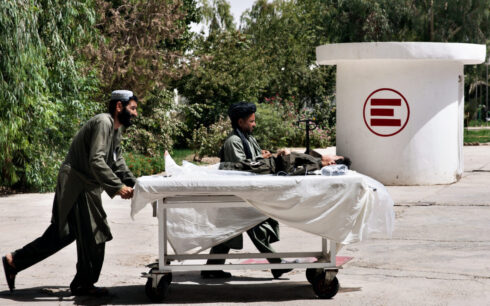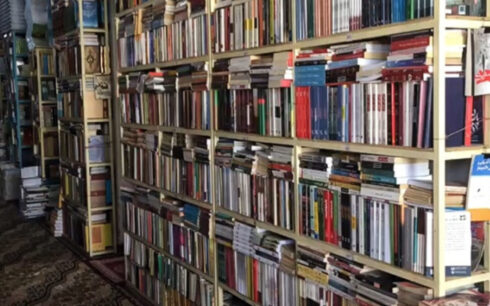As deportations continue, Iran and Pakistan expelled 299 Afghan families on Wednesday, Oct. 2.
The Taliban-run Bakhtar News Agency reported that the deportees entered Afghanistan through key border crossings in Nangarhar, Kandahar, Nimroz, and Herat provinces.
According to the report, 19 families crossed back into Afghanistan via the Torkham border in Nangarhar province, while 48 families returned through the Spin Boldak crossing in Kandahar.
Meanwhile, 99 families re-entered the country at the Islam Qala crossing in Herat, and 133 families came through the Silk Bridge in Nimroz.
Forced deportations amid economic strain
The mass deportations come at a time when Afghanistan is grappling with a severe economic crisis that continues to fuel a wave of illegal migration. Following the Taliban’s takeover in August 2021, the country has been mired in international isolation, a frozen banking system, and widespread unemployment, pushing many Afghans to seek better opportunities abroad, often through irregular means.
A recent study by Amu, an Afghan research group, provides insight into the drivers behind this migration. The study, conducted in seven provinces and involving interviews with 33 individuals, including women, who had engaged in illegal migration, found that economic distress was the dominant factor. According to the report, 45.4 percent of respondents cited the worsening economic conditions as the main reason for their decision to leave Afghanistan.
Additionally, 9 percent of those surveyed expressed fears of renewed conflict after the Taliban’s return to power as their primary reason for attempting illegal migration. This suggests that, while economic factors remain the most pressing issue, concerns about security and political instability continue to weigh heavily on the Afghan population.
Iran and Pakistan, which host millions of Afghan refugees, have both ramped up deportations in recent months as they face their own internal pressures. Pakistan, in particular, has implemented a strict crackdown on Afghan migrants, issuing deadlines for undocumented Afghans to leave the country or face deportation. This policy has intensified the flow of returning migrants at key border crossings, such as Spin Boldak and Torkham.
The broader regional implications of these deportations are significant, as Afghanistan remains ill-equipped to handle the return of thousands of its citizens amid a lack of resources and infrastructure. The international community has largely frozen development aid to the country since the Taliban’s takeover, further exacerbating the economic crisis.





